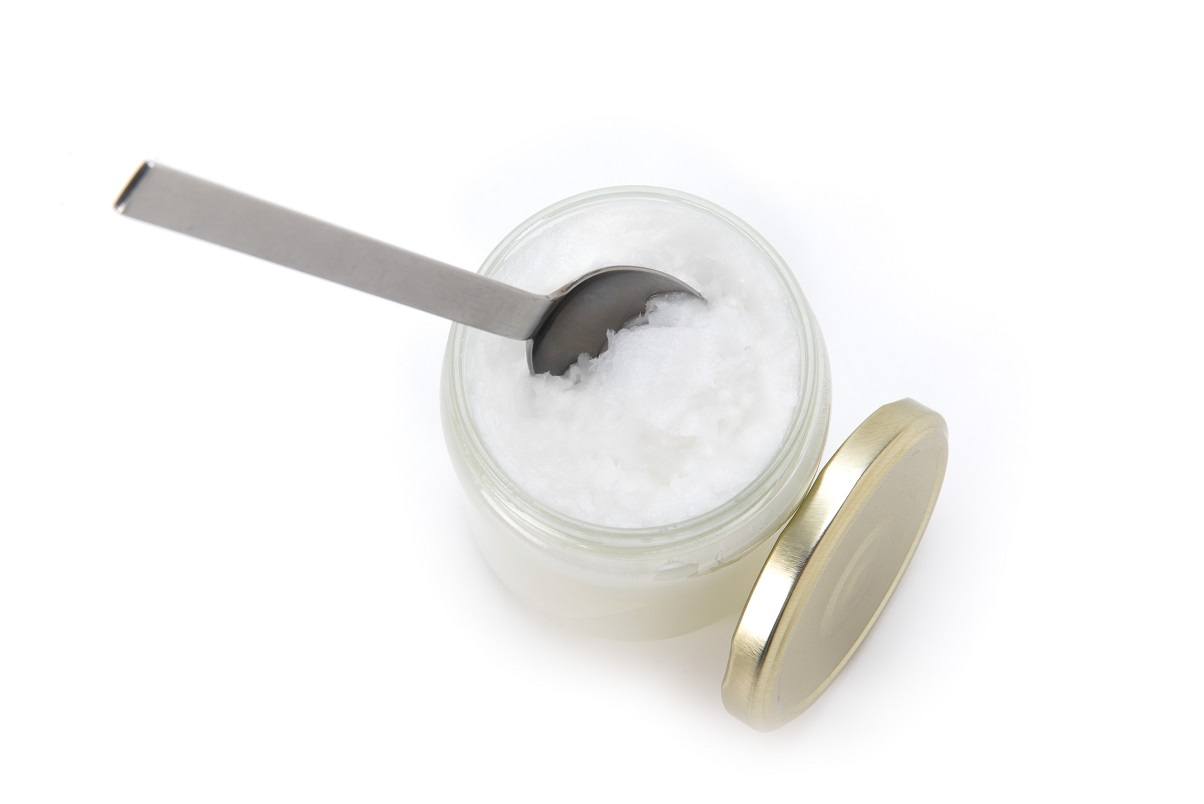
by Paul Fassa
Health Impact News
Non-alcoholic fatty liver disease (NAFLD) is defined medically as macrovesicular steatosis, or abnormal retention of lipids (fats) sufficient and large enough to distort or replace the nuclei of liver cells among those who consume less than 20 grams (.7 ounces) of alcohol per day.
NAFLD, unknown prior to 1980, has become our largest liver health issue nationally and throughout most industrialized nations. Fatty liver disease affects metabolism and usually manifests as obesity and insulin resistance, which are direct co-factors for type 2 diabetes. It can also progress to inflammation of the liver, or non-alcoholic steatohepatitis (NASH), leading to cirrhosis.
Ironically, a saturated fat (virgin coconut oil) may prove to be the safest and most effective treatment for NAFLD according to a study published recently (September 2017) in the Journal of the Science and Agriculture of Food.
The study, “Virgin coconut oil reverses hepatic steatosis by restoring redox homeostasis and lipid metabolism in male Wistar rats,” noted in its background statement that more nutraceutical offerings are being sought for reversing fatty liver disease.
Recent Study Proving Virgin Coconut Oil Efficacy and Safety for Reversing NAFLD
The researchers noted that earlier studies had demonstrated virgin coconut oil could help prevent NAFLD. This new study intended to see if virgin coconut oil could also reverse existing non-alcoholic fatty liver disease. (Pharmaceutical medications, with side effects, are not working to stem the tide of rising NAFLD.)
After four weeks on a high fructose diet, the rats developed non-alcoholic fatty liver disease, or hepatosteotosis. This was confirmed by observing the rats’ hyperglycemia (high blood sugar), reduced glucose tolerance (medical term for a zone between high blood sugar and diabetes), dyslipidemia (high blood lipids – triglycerides, etc.,) and hepatic macrovesicles (lipid displacements of liver cell nuclei).
Although the rats could possibly eventually recover from hepatosteatosis (NAFLD) if taken off the high fructose diet, their recovery was accomplished more rapidly by feeding them virgin coconut oil (VCO). Their HDL (high density lipoprotein) or “good” cholesterol blood levels quickly increased by over 50 percent.
Liver triglycerides were reduced 78 percent and blood serum triglycerides were reduced almost 52 percent.
The liver is an important source of glutathione (GHS), a vitally important antioxidant that can be replenished and recycled only by a healthy liver. The rats glutathione levels also increased, resulting in increased antioxidant enzyme activities.
Amazingly, liver damage was also repaired by administering virgin coconut oil. Lowered liver enzyme readings were also observed after feeding the rats VCO, confirming that their livers were returning to normal function. The researchers concluded:
The study indicates that VCO [virgin coconut oil] can be used as a nutraceutical against hepatosteatosis [non-alcoholic fatty liver disease]. (Study abstract)
The virgin coconut oil amounts used in this study were not made available in the abstract, however, earlier studies for using virgin coconut oil to reverse candida overgrowth and help reverse dementia indicate an estimated 3-3 1/2 tablespoons daily should work therapeutically for humans. (Source)
The liver easily metabolizes coconut oil’s medium chain triglycerides or fatty acids (MCTs) and converts them into ketones which are easily metabolized for energy by the brain when glucose metabolism has faded, evidenced by use with dementia and other neurological issues.
What about High Fructose Corn Syrup Effects on the Liver?
The high fructose corn syrup diet was emphasized earlier in this article for a reason, to point out that HFCS was used to induce non-alcoholic fatty liver disease in the rats. High fructose corn syrup (HFCS) was developed as a sweetener to replace refined sugar as far back as the 1950s. Its use was not widespread until the 1970s. Around 1984, HFCS became the go-to sweetener in Pepsi and Coke as well as other beverages and processed food items, including pastries, candies, and even several unsweetened processed junk foods.
According to an earlier study attempting to provide insights into treating non-alcoholic fatty liver disease,
NAFLD was largely unknown prior to 1980 but is now recognized as the most common chronic liver disease in the U.S. and many other parts of the world. (Source)
Is the correlation evident yet? Dr. Robert Lustig has certainly made this correlation obvious with his viral YouTube video lecture, “Sugar, the Bitter Truth,” where he explains how the rise in added refined sugar and fructose is the true culprit responsible for obesity, diabetes, and heart disease (not saturated fats, the usual suspect held by mainstream medicine and nutrition).
HFCS is synthetically derived from processing corn sugar. The process creates a very concentrated form of fructose that is accompanied with some sucrose. This makes the corn sugar even sweeter and less expensive than cane sugar. Many argue that HFCS is the same as sugar but that is incorrect.
The liver cannot metabolize highly concentrated synthetically derived fructose, it becomes fat that is mostly stored in the liver. This is the crux of NAFLD. The timelines of HFCS use and increasing NAFLD cases are related.
HFCS can be disguised in USA processed food and beverage products as:
- Maize syrup
- Glucose syrup
- Glucose/Fructose syrup
- Tapioca syrup
- Dahlia syrup
- Fruit fructose
- Crystalline fructose
- Corn syrup
In Canada, they call it Glucose-Fructose. In Europe, they call it Isoglucose or Glucose-Fructose Syrup or Fructose-Glucose Syrup.
The process to create HFCS transmits some mercury into the final product. Another side effect from HFCS is the damage to leptin sensitivity. This hormone lets you know when you’ve had enough to eat and also contributes toward normal metabolism. (Source)
If you have experienced some HFCS liver damage from past or current dietary indulgences, ignorance, or label reading negligence, you can educate yourself now and take advantage of virgin coconut oil to get rid of any trace of non-alcoholic fatty liver disease that is manifesting as poor digestion, sluggish metabolism, and obesity, even if it has already become prediabetes or type 2 diabetes.
We are fortunate to know about the merits of virgin coconut oil that this site promotes. You may access many other informative articles on the health benefits of coconut oil here.
Reference
http://drhyman.com/blog/2011/05/13/5-reasons-high-fructose-corn-syrup-will-kill-you/
Virgin Coconut Oil:
How it has changed people’s lives and how it can change yours!
Includes 85 recipes – Free shipping available!



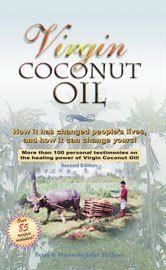
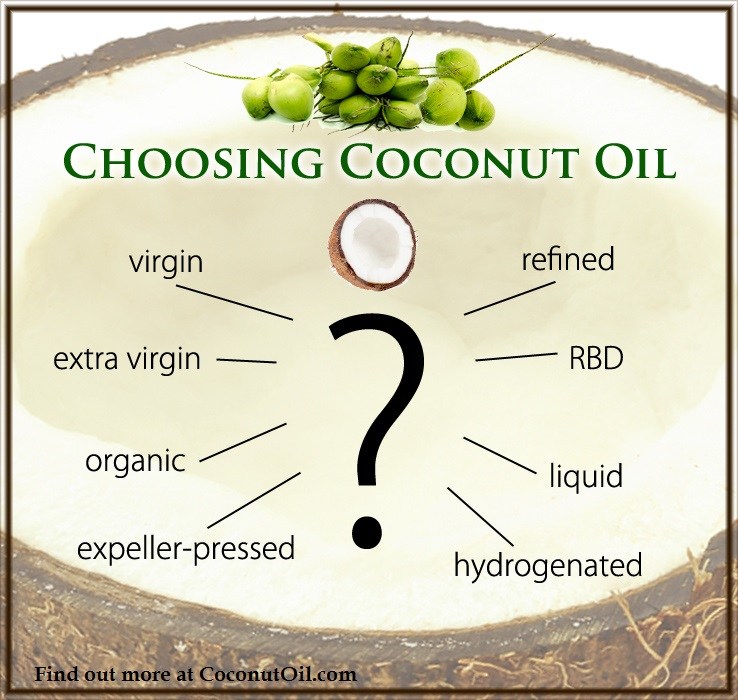

 The FDA has NOT Banned Trans Fats! Traditional Saturated Fats like Coconut Oil Continue to Shine for Alzheimer's Disease but are Condemned by U.S. Dietary Advice
The FDA has NOT Banned Trans Fats! Traditional Saturated Fats like Coconut Oil Continue to Shine for Alzheimer's Disease but are Condemned by U.S. Dietary Advice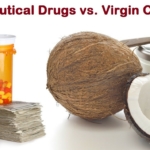 The Evidence of Coconut Oil's Superiority Over Drugs in Destroying Pathogens Continues to be Published in Peer-Reviewed Journals
The Evidence of Coconut Oil's Superiority Over Drugs in Destroying Pathogens Continues to be Published in Peer-Reviewed Journals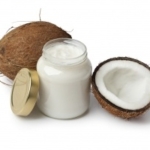 Study: Virgin Coconut Oil Protects Neuronal Damage and Mortality after a Stroke Incidence
Study: Virgin Coconut Oil Protects Neuronal Damage and Mortality after a Stroke Incidence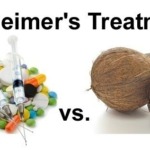 Another Phase 3 Trial Failure to Develop an Alzheimer's Drug Shows Why Virgin Coconut Oil is Needed to Prevent Dementia
Another Phase 3 Trial Failure to Develop an Alzheimer's Drug Shows Why Virgin Coconut Oil is Needed to Prevent Dementia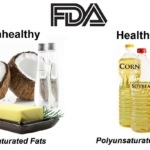 FDA Food Police want to Dictate What Foods are "Healthy" in New Guidelines Criminalizing Traditional Fats Like Butter and Coconut Oil
FDA Food Police want to Dictate What Foods are "Healthy" in New Guidelines Criminalizing Traditional Fats Like Butter and Coconut Oil
2 Comments